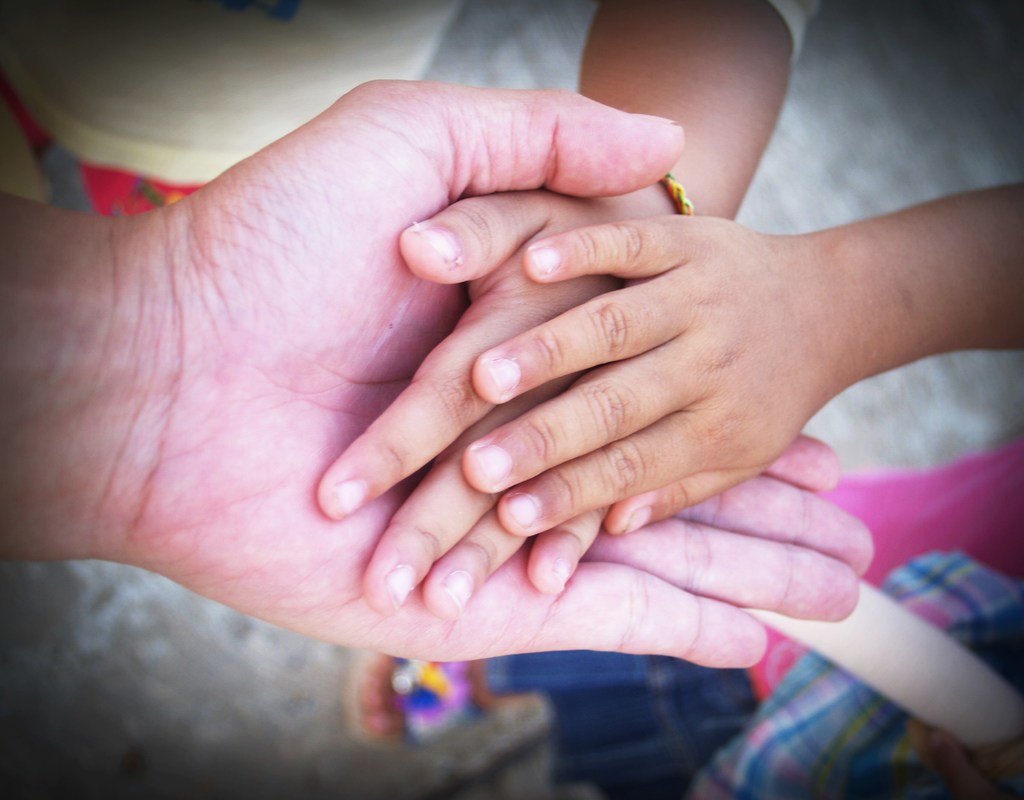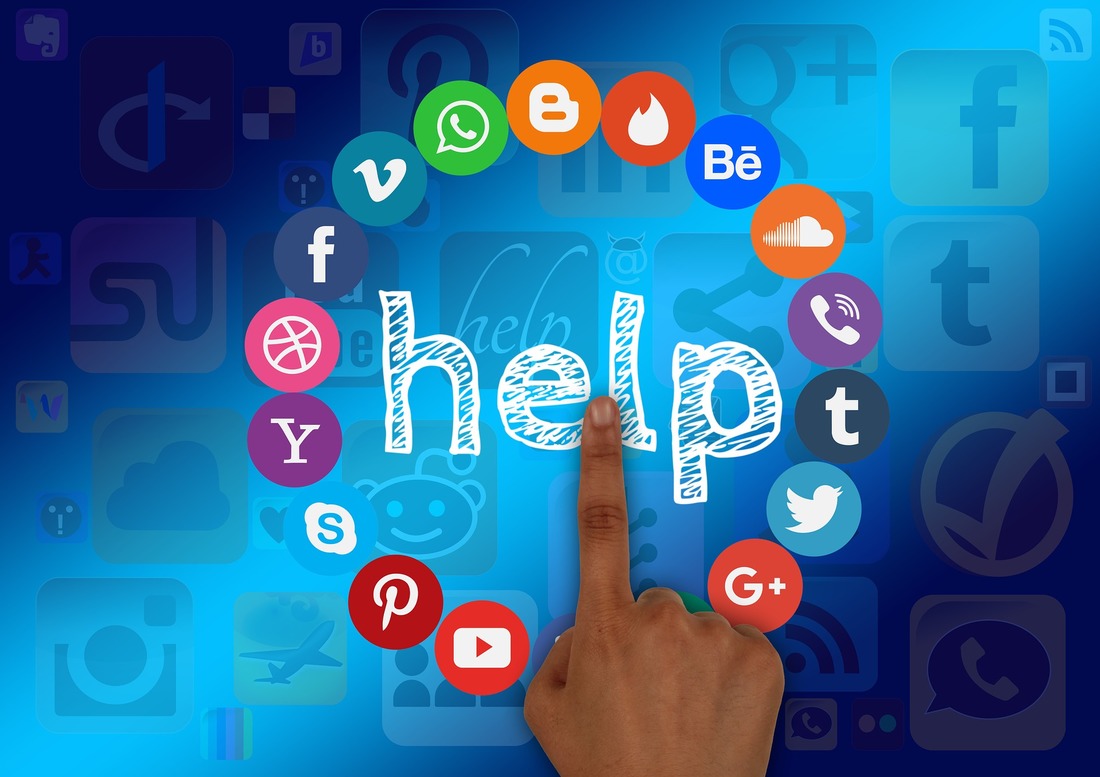|
For me the new year is always an exciting time. I love Christmas for one as it’s a time of hope and reflection on the goodness in humanity. It also helps us move on from mistakes of the past and look forward to the future possibilities in life. However, as I mentioned around this time last year, it’s got nothing to do with shallow New Years’ resolutions that barely last till sunset on 1st January. It’s far deeper and far more important than that.
The end of the year is instead a time to think big! If you look at the story of Christmas, a simple baby clothed in nothing more than a collection of rags in a barn, surrounded by farm animals brings a message of hope, the likes of which the world has never seen before. It’s simple. It’s raw. It’s completely unassuming and it’s shaped the world for millennia. That simple message of hope has brought people together, healed wounded relationships and helped generations to imagine a better world. Our world is far from perfect and the reality is that it’s filled with inequality, despair, hatred, greed and fear. However, with massive problems, come great opportunities. Whether it’s through food aid, clean water projects, affordable shelter or education, as global citizens living in Western democracies we can make a difference. If you take a quick look for example at the World Food Program - www.wfp.org. They’re fighting famine and starvation across 80 countries and helping feed approximately 80 Million people each year. What’s the cost of a single meal to keep someone alive? 39¢ which equates to $1.17 per person, per day! When you think how much we spend on a coffee, this puts into perspective the extent of the inequality in the world and how even going one day without a latte could feed someone for half the week! Back in 2010, Josette Sheeran set out 10 Ways To Feed The World and whilst hunger is still a major issue, the core principles of how individuals and groups can help address this major problem remain the same. It’s about taking real action and this is what makes the difference in any situation. If you do nothing, nothing will change. If you take real action, then you can change the lives of others for the better. In a world where people believe they’re making a difference by changing their Facebook image overlay or liking an image after another tragic bombing, shooting or vile act, we need to avoid such shallow sentiments and look for real ways to make a difference. Even if it’s just making a difference to one person, one family or your local community, this will have more of a lasting impact than the pointless liking of a digital image that will disappear as quickly as it appeared. Armchair activists that think they’re doing something by clicking a button, are as useful as fly screens on submarines and should be avoided at all costs. Hence, what can you do? On one level, you could donate to an organisation that helps feed countless people across the world. On a much more pro-active level, you could join a community service group, help out a disadvantaged school (sadly in Australia we have many disadvantaged schools despite our overall national wealth) or you could even help out with meals on wheels for elderly members of the community. There are so many opportunities to make a difference and once you break down the problem into smaller parts and take some action to do something about it, you can start to make a real difference. Despite this, as just one example, you don’t have to focus on hunger. There are countless other social, economic, health and well-being issues throughout the world that need to be addressed. From clean water, to education, to poverty, to slavery and freedom of expression, the world needs your help. Even if it’s only a small contribution, it’s still important and far more effective than doing nothing at all. In 2018, don’t let enormity of the human condition overwhelm you or stop you from looking at the opportunities to make a difference. As my old friend said, ‘How do you eat an elephant?’ I replied, ‘Why the hell do you want to eat an elephant?!! That’s kind of weird and upsetting!’ He then told me it was a metaphor and he really didn’t like to eat elephant (or so he says…). But seriously, how do we take on massive problems? We approach them one step at a time. If everyone took on even just a small community service project, or helped someone out in just a little way, with each step, we move closer to a better world and one in which inequality, violence, hatred and fear is a thing of the past. As this year comes to an end, think about the importance of the Christmas message that remains so strong and important after 2,000 years and from this, consider what positive impact can you have on the world as we know it, throughout the year ahead.
0 Comments
As with all revolutions, phenomenons and fads, there’s an exciting lead up period. There’s a booming peak before the steady decline towards normalisation. Eventually, people fall back to what they know best and how things were in the past. Whilst some things will have changed, other things will feel different. However, in the case of social media and especially those people who have become social media ‘stars’ simply by lifting their shirts, uploading stupid videos of their cats or some other similarly pointless exercise that for five minutes some people find funny, there’s got to be a point at which people’s interest fades and popularity declines. It’s like the life cycle of a child’s superstar on steroids! They’re in movies, on TV, splashed over the cover of trashy magazines and super popular for this brief fleeting moment in time. But then, their popularity wanes. People become disinterested and they don’t have the requisite skills to be able to cope with the lack of attention. Often, they turn to alcohol and drugs as a coping mechanism when they realise what little substance there is in their lives. This can be a fast decline into irreparable emotional damage, with many a child star ending it all at their own hands. A hefty price to pay for those fifteen minutes of fame. The benefit and curse which social media has created is that it increases people’s ease of access to a world of attention, but at the same time exposes them to the swift brutality of the decline. The decline can happen just as rapidly as it kicks off, so you could be an instant hit on Youtube. You could be an instant hit on Instamagram or any other social media platform, but what happens when your posts don’t get as many likes? Do you just start deleting them? What happens when you don’t get as many views? How does that make you feel? Why have people turned away from you? Five minutes ago, you were on top the world, now you’ve been replaced by a cat falling from a table. The song Don’t Cry for Me Argentina comes to mind because Eva Perón is this very naïve woman who becomes engulfed in the fascist machine of Argentina through her marriage to Juan Perón. All is wonderful for her and the country, until it’s not. Her public image hid the true horrors of her husband’s brutal regime. Now social media provides the flawless front to soulless money making machines, prepared to chew up lives without a second thought. The danger that comes with those living their lives through social media and being totally reliant on this for their window to the world, is that they become disconnected from reality and being built up only to fall horribly. Social media mightn’t be the fascist dictatorship that causes people to disappear in the same way that was seen in Argentina, but it is a machine. Despite the window dressing of equality and democracy of expression, the reality is that it’s designed to exploit people. It’s designed to get you addicted. It’s designed to manipulate your emotions and ultimately it’s designed to make money. Whilst marketing has its place, the unethical ease with which young people can be built up to be a ‘star’ and then promptly trashed by the machine is a blight on society. Many young users might not be aware of the fact that what they’re experiencing is just a temporary, shallow and empty cycle and in the end, they’re unable to adapt when their posts start to get less likes and interest in them fades away. This unfortunately leads to increased mental health issues over the long-term, as the rapid burn of internet popularity, quickly fizzles out. To combat this, it’s important for young people to have a range of life skills and relationship skills which have been developed in the real world. If you have the skills to develop positive and healthy relationships, contribute to your community in a meaningful way and have the ability to think, adapt and grow through working with others, then you can safely use social media as a tool, levering the technology to your advantage. This way, you’re not at the mercy of the soulless emotional roller coaster that is trashing so many young lives today. If you approach the world of social media with the understanding that, like all other technology, it’s only a tool and not the be all and end all of life, then no matter how fast your social network grows, you’ll always remain grounded in the fact that at the end of the day, likes are just a meaningless gesture that require no real thought, but time spent with real friends, experiencing real things is priceless. |
Archives
December 2017
Categories
All
Head over Here For My Outdoor Ed Blog - Challenge, Experience, Growth! |

